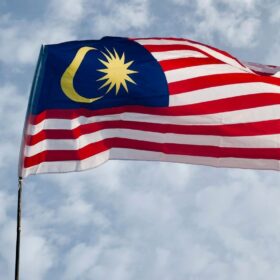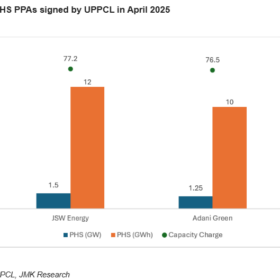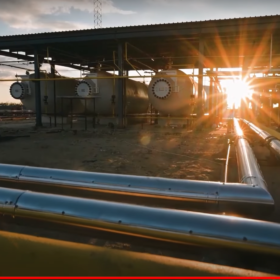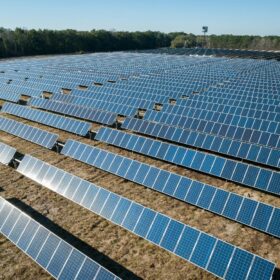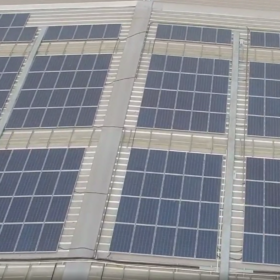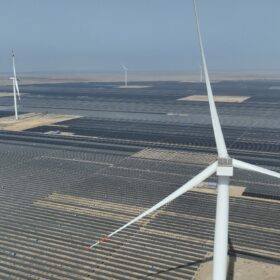Malaysia introduces rooftop solar aggregation scheme
Malaysia’s first rooftop aggregation initiative for solar systems is now live. The program allows homeowners to lease or rent their rooftop for solar generation, with the electricity produced sold to commercial and domestic customers within a 5 km radius.
Uttar Pradesh approves 22 GWh of pump hydro storage in April 2025
In April 2025, Uttar Pradesh (UP) became the latest state to enter the pumped hydro storage market by signing power purchase agreements (PPAs) for a cumulative capacity of 2.75 GW/22 GWh (8-hour solution).
Existing state-level policies could unlock $61 billion in incentives for green hydrogen in India
Power-related incentives worth $38 billion account for 63% of the total state-level support potential for green hydrogen.
The opportunity for Indian solar firms amid U.S.-China tariff war
While the tariff war between the U.S. and China presents challenges to global trade stability, it also opens up opportunities for Indian solar firms. Through strategic alignment, domestic policy support, and favorable international positioning, India stands to strengthen its role in the global clean energy supply chain.
U.S. Commerce Department slaps unexpectedly high tariffs on solar imports
Coalition trade lawyer says the U.S. Department of Commerce’s final tariffs on solar cells and modules from Cambodia, Malaysia, Thailand and Vietnam are among the highest rates he’s ever seen.
IEA’s World Energy Outlook systemically underestimates solar PV development
Since 1993, the World Energy Outlook (WEO) of the International Energy Agency (IEA) has been an authoritative report on energy statistics and guiding future energy supply and demand developments. An examination of these reports, however, indicates that even the most progressive of WEO scenarios has vastly underestimated the growth of renewable energy technologies, especially solar PV.
India’s installed rooftop solar capacity expected to reach 30 GW by FY27
India’s installed rooftop solar capacity will reach 25–30 GW by FY 2027 from 17 GW in FY 2025, according to CareEdge Advisory & Research.
India’s solar exports face new U.S. tariff hurdles but are expected to stay competitive
India’s solar exports vis a vis other countries could still continue to remain competitive, though the margins could take a marginal hit.
South Africa targeting up to 5 GW of new renewables per year
The South African Renewable Energy Master Plan (SAREM) aims to deploy at least 3 GW of new renewables per year, increasing to 5 GW by 2030, while creating 25,000 jobs in the country’s renewable energy and storage sectors.
U.S. reshapes the non-China solar supply chain
The U.S. Department of Commerce (DOC) revised antidumping and countervailing duties (AD/CVDs) on Vietnamese and Malaysian solar products in December 2024. The move has reshaped the non-Chinese supply chain, with further use of tariffs likely under the new administration, explains InfoLink’s Corrine Lin.
